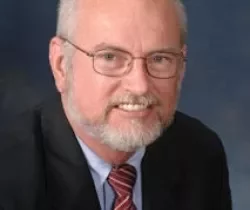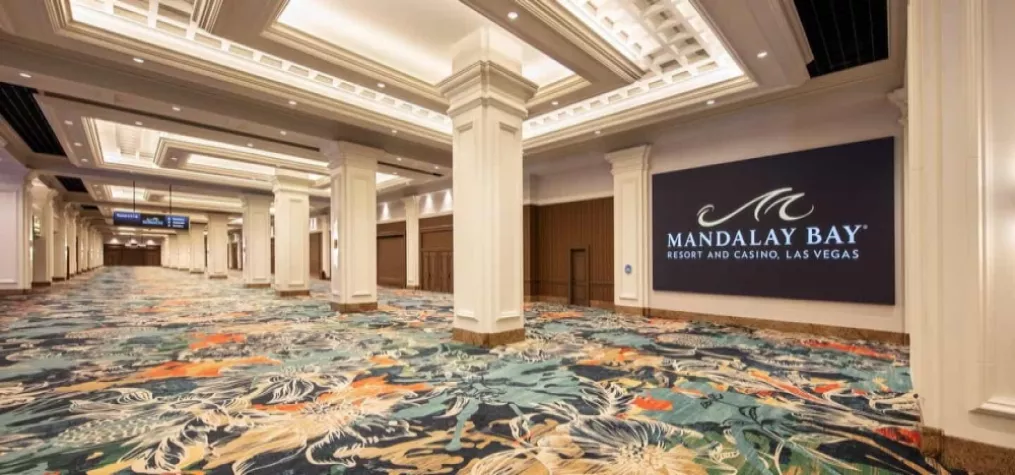Charles Olentine

Charlie Olentine, CEO of Consult NC Inc, has over 25 years experience in B2B publishing and from 2004 to 2016 managed the Top 50 show - International Production & Processing Expo. colentine@consult-nc.com

Sept. 11, 2001. That is the day that set the stage for the new psyche of America for the 21st Century. Vulnerability and fear are now played upon by politicians and the average American now realizes how fast things can change. I happened to be attending a workshop in Midtown Manhattan on 9/11 and I saw first-hand how fast the atmosphere of a fast-paced, cosmopolitan hub can change. In a matter of hours, the demeanor of the populace of the entire city went from business as usual to that of a silence procession heading home knowing that the future is uncertain and will never be the same.
At many of the trade show meetings today, you will see sessions devoted to security and crisis management based on the new age of terrorism. Speaking at a recent IAEE Southeast Chapter luncheon, IAEE President David DuBois provided an outline of the new Exhibition and Meetings Safety and Security Initiative. Public venues are being asked to look at their respective programs to ensure as safe an environment for their guests as possible. Trade show managers are caught between the idea of having open doors to attendees to that of having everyone screened.
It is imperative that we evaluate our show safety and security programs to make the attendees feel safe but we need to make sure that we keep things in perspective so as not to throw out the baby with the bath water. Fear makes us behave irrationally. Today, politicians focus on the threat from demographic groups instilling fear among us; and it is affecting how we interact with those who are not Americans. We have to realize that we deal in a global marketplace and our growth down the road will be through international channels.
In an excellent editorial in the March 5 New York Times, Jon Finer and Robert Malley provide an insightful look at how terrorism has influenced our lives. Consider the following observations from them:
· Since Sept. 11, an average of fewer than nine Americans per year have been killed in terror attacks on American soil, compared, for example, with an average of about 12,000 a year who were shot to death.
· President Barak Obama was ridiculed for noting (correctly) that more Americans die each year falling in the bathtub than from terrorism.
· Today, 75 percent of Americans reportedly consider terrorism a “critical threat”, compared to less than 60 percent citing North Korea, which may soon be able to strike the United States with a nuclear missile.
We also have to keep in mind that many of mass killings in the United States have not been carried out by foreign terrorists but by domestic political radicals or mentally ill individuals. Just reflect on the Oklahoma City bombing, Columbine, Sandy Hook, etc.
I am not advocating that we let our guard down as we prepare for public events such as trade shows, but we need to avoid over-reaction. We need to make sure that international visitors are vetted carefully by our government before they are granted visas, but when they come to our country we need to provide them the hospitality that has, in the past, characterized the American way. Our domestic attendees must have faith in the organizers, knowing that the organizers have taken precautions to protect them.
So, as we look to the future, show organizers and venues need to address safety and security, showing a balance that makes attendees feel secure but does not instill fear of improbable (but not impossible) consequences of action by people who hold lives as inconsequential.

Add new comment